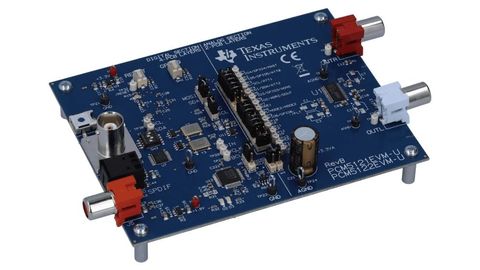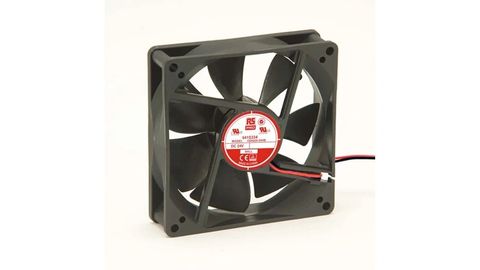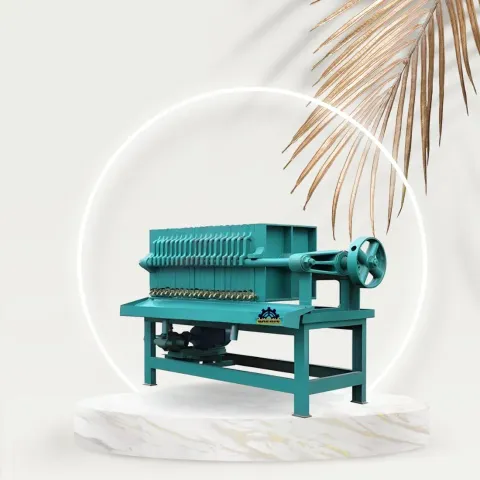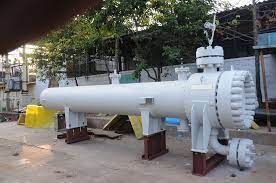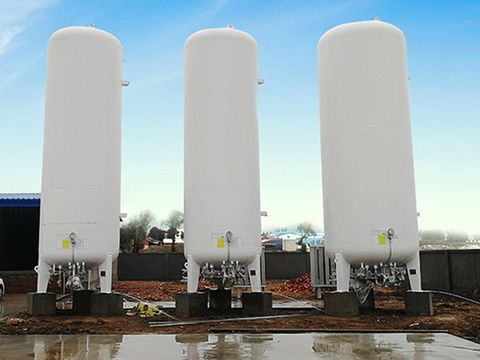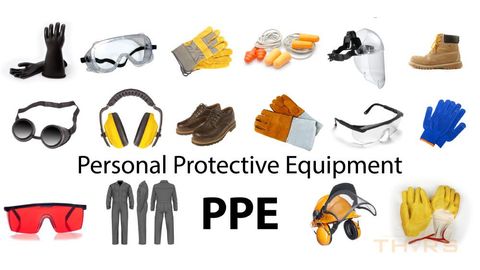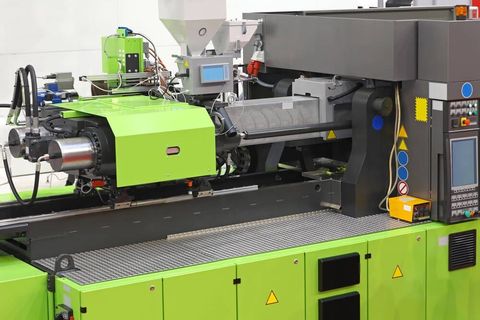Learn How Oil Cleaners Improve Taste and Reduce Expenses
Oil cleaners, also known as oil filtration systems, are devices used to remove food particles, impurities, and contaminants from cooking oil. They are commonly used in restaurants, food manufacturing plants, hotels, commercial kitchens, cafeterias, and facilities using deep fryers.
Cooking oil naturally deteriorates over repeated use due to:
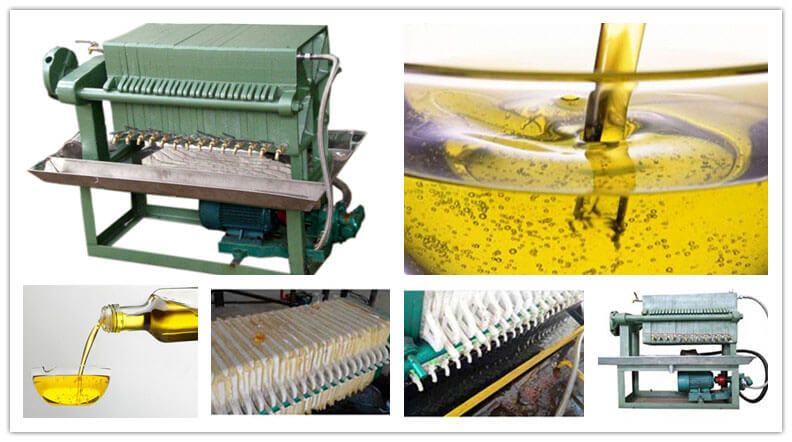
-
Heat exposure
-
Food residue
-
Oxidation
-
Moisture contact
As oil breaks down, it affects both the taste and appearance of fried foods. Oil cleaners were developed to slow this deterioration by filtering out debris and maintaining stable oil quality. By extending oil life, these systems help kitchens operate efficiently, safely, and sustainably.
Oil cleaners come in various forms, such as:
-
Portable filter machines
-
Built-in fryer filtration systems
-
Micro-filtration units
-
Pressure and vacuum filtration systems
-
Powder filtration systems for large kitchens
Their purpose is straightforward: keep cooking oil clean, consistent, and usable for longer periods.
Importance – Why Oil Cleaners Matter Today
With the rise of commercial food businesses and growing customer expectations, maintaining food quality has become more important than ever. Oil cleaners support this need by helping kitchens maintain consistent frying performance.
1. Better Taste and Quality of Food
Clean oil ensures:
-
Crispy and evenly cooked food
-
Better color of fried items
-
Reduced burnt flavor
-
Stable texture and aroma
For restaurants and food businesses, consistent taste is essential.
2. Cost Control and Reduced Oil Consumption
Cooking oil is one of the highest recurring expenses in commercial kitchens. Oil cleaners significantly reduce waste by:
-
Extending oil lifespan
-
Reducing the frequency of oil replacement
-
Minimizing oil disposal volumes
This supports long-term cost management and reduces operational expenses.
3. Health and Safety Benefits
Oil degradation can produce unwanted compounds. Cleaner oil supports:
-
Better kitchen hygiene
-
Stable frying temperatures
-
More predictable cooking outcomes
It also helps avoid the risks of smoking oil or inconsistent heating.
4. Environmental Advantages
Reduced oil waste contributes to sustainability goals.
-
Less oil enters disposal systems
-
Lower transportation and recycling requirements
-
Reduced environmental impact from processing used oil
Many businesses today aim to meet eco-friendly standards, making oil maintenance an important part of their operations.
5. Improves Equipment Performance
Clean oil helps:
-
Prevent fryer damage
-
Reduce carbon buildup
-
Maintain predictable heat transfer
This supports longer equipment life and reduces maintenance downtime.
Recent Updates – Trends and Changes in the Past Year
From 2024 to 2025, oil filtration systems and kitchen technology experienced notable advancements and updates.
1. Increased Adoption of Automated Filtration Systems (2024)
More commercial kitchens moved toward automatic oil filtration, reducing manual labor and increasing consistency. These systems filter oil during cooking hours, helping maintain stable quality throughout the day.
2. Focus on Sustainability and Waste Reduction
Food businesses have shown increased interest in sustainability. Many brands introduced new filtration powders and eco-friendly filters in 2024, aiming to reduce micro-contaminants and oil waste.
3. Improvements in Fine Particulate Removal
Modern oil cleaners now remove particles as small as 1 micron, improving clarity and slowing the breakdown of fats.
4. Smarter Monitoring Tools
New filtration systems introduced digital tools such as:
-
Oil quality sensors
-
Temperature monitoring
-
Usage reports
-
Predictive alerts for oil changes
These features became more widespread in late 2024, helping kitchens make data-driven decisions.
5. Better Safety Designs
Manufacturers added improved insulation, sealed filter housings, and heat-resistant materials to ensure safer operation in busy kitchens.
Laws or Policies – Regulations Affecting Oil Filtration and Disposal
While policies differ by region, several common regulations influence how cooking oil is managed in commercial establishments.
1. Food Safety Standards
Food safety authorities require kitchens to:
-
Maintain proper oil quality
-
Change oil at recommended intervals
-
Avoid the use of visibly degraded oil
-
Keep fryers clean and well maintained
These regulations exist in many countries and guide restaurants on safe frying practices.
2. Waste Oil Disposal Rules
Governments often enforce rules regarding:
-
Proper collection of used oil
-
Avoiding disposal into drains
-
Partnering with authorized recycling vendors
-
Maintaining disposal logs for inspections
Oil filtration helps reduce waste volumes, making compliance easier.
3. Workplace Safety Requirements
Kitchens must follow safety rules for:
-
Handling hot oil
-
Using personal protective equipment
-
Maintaining clean fryer areas
-
Preventing burns and oil spills
Automatic filtration systems help reduce risks from manual handling.
4. Environmental Protection Regulations
Certain regions require food businesses to:
-
Reduce waste output
-
Limit harmful emissions from oil disposal
-
Commit to sustainable oil management practices
Oil cleaners support compliance by reducing oil consumption and waste.
Tools and Resources – Helpful Platforms and Systems
Several tools and services assist kitchens in managing cooking oil safely and efficiently.
Oil Quality Monitoring Tools
-
Handheld oil testers (TPM meters)
-
Digital oil quality sensors integrated with fryers
-
Oil degradation calculators
Oil Filtration Equipment
-
Portable filter machines
-
Micro-filtration systems
-
Built-in fryer filtration units
-
Paper or powder filter systems
Apps and Digital Resources
-
Kitchen management apps
-
Food safety compliance checklists
-
Oil tracking spreadsheets and templates
Training and Educational Resources
-
Food safety courses
-
Online kitchen equipment training videos
-
Manufacturer manuals on filtration procedures
-
Hospitality compliance guidelines
Table: Types of Oil Cleaners and Their Characteristics
| Type of Oil Cleaner | Best For | Filtration Method | Common Use |
|---|---|---|---|
| Portable Filter Machine | Restaurants | Pump + Paper Filter | Daily oil cleaning |
| Built-In Filter System | Large kitchens | Continuous filtration | High-volume frying |
| Micro Filtration Units | Industrial plants | Fine particle removal | Long oil life |
| Powder Filtration Systems | Food factories | Absorption + filtration | Removing micro impurities |
| Vacuum Filtration | Specialty kitchens | Low-pressure filter | Sensitive applications |
FAQs
1. How often should cooking oil be filtered?
Most kitchens filter oil daily or after every few frying cycles. However, high-volume kitchens may use continuous filtration to maintain consistent quality.
2. Can oil cleaners completely restore old oil?
Oil cleaners remove impurities but do not reverse chemical breakdown. They extend oil life but do not make old or heavily oxidized oil new.
3. Are oil cleaners safe for commercial kitchens?
Yes. Modern systems include heat-resistant materials, sealed filters, and automated functions to support safe operation.
4. How do I know when oil must be replaced?
Signs include:
-
Dark color
-
Strong odor
-
Excess smoke
-
Foaming
-
Sticky or thick texture
Digital oil testers provide more accurate readings.
5. Do oil cleaners reduce operating costs?
Yes. By extending the lifespan of cooking oil, kitchens can reduce oil purchases, minimize waste, and avoid frequent equipment maintenance.
Final Thoughts
Oil cleaners are an essential part of modern kitchen operations, helping maintain consistent food quality while reducing expenses and waste. With advancements in filtration technology, automated systems, and digital monitoring, businesses can manage oil more efficiently than ever. As food safety standards rise and sustainability becomes a priority, maintaining clean cooking oil is both a practical and responsible approach. Understanding how oil cleaners work empowers kitchens to improve taste, reduce costs, and operate safely in the long term.

